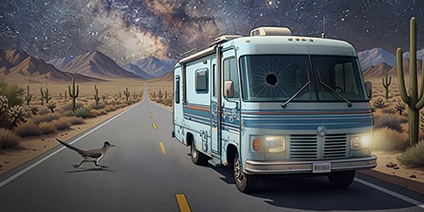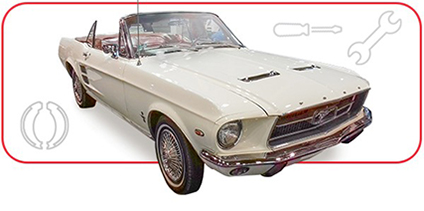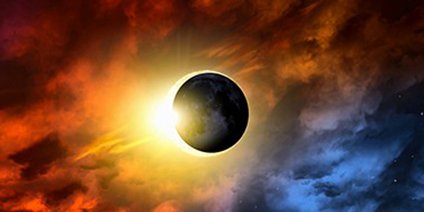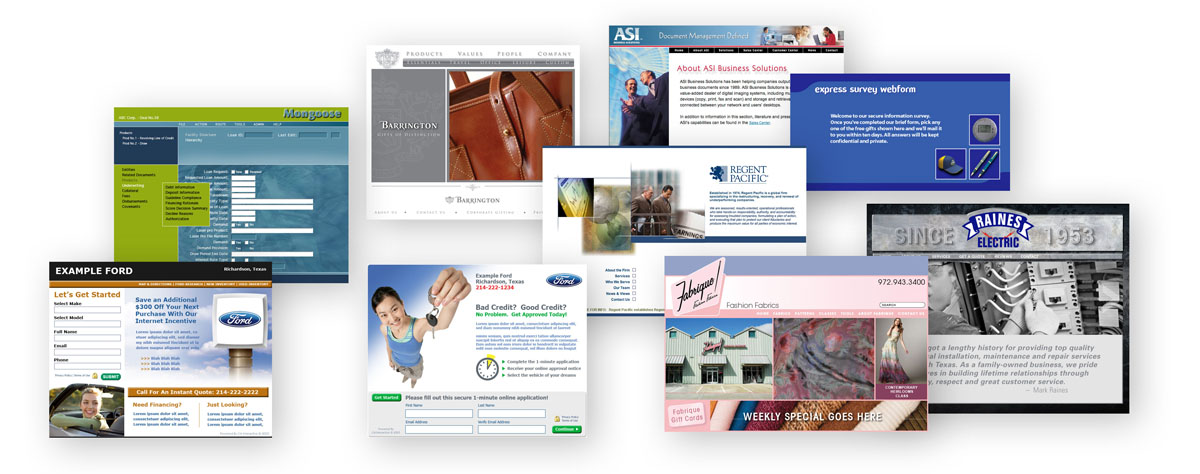Good Bike, Bad Bike, Broke Bike

Good Bike, Bad Bike, Broke Bike
I attended college at the University of Texas back before the fiasco called student loans. That meant two things: Ninety percent of us were too broke to afford a car so we traversed the city of Austin on bicycles. And second, we could not afford expensive bikes which were likely to get stolen anyway, so we all rode used bikes in various states of disrepair. I personally rode an older ten-speed bike I’d purchased from a friend back in my hometown. Despite its flaws, it was a good bike.
In the Spring of 1977, as part of a Journalism class, I was working on a documentary about life on the downtown square of Georgetown, Texas — what was then, a small community located thirty miles North of Austin. During that project, I got to know the owner of the local bike shop who displayed an antique high wheeler in his window. He allowed me to try it out.
First of all, I couldn’t even mount the bike while clad in the tight blue jeans and cowboy boots that comprised the requisite uniform of twenty-something male residents of Austin at that time. Once I returned wearing shorts (not the best choice) and tennis shoes, I was able to accomplish a short ride before gravity re-introduced me to the pavement.
Pedaling the bike was akin to starting off on my 10-speed bike in high gear. More important, the seat was situated almost directly above the front axle, providing a dangerous lack of balance on any downward slope, and especially when applying the brakes. It was a bad bike.
Bikes and Worldviews
It occurs to me that most people embrace one of two worldviews, similar to those bikes. One of the most telling questions I’ve found to ask people in a non-adversarial setting is whether they view humans as primarily benevolent at heart or primarily self-serving at heart (good bikes or bad bikes). Regardless of the answers, there are an equal number of real-life examples that either validate or disprove our individual perspectives. Yet, we’re all convinced that ours is the correct view.
In his book, “A Conflict of Visions”, Thomas Sowell describes the age-old collision of those two divergent worldviews and how they impact every decision we make whether we even recognize our adherence to one view or the other.
The first worldview is one where individual human beings are each good at heart but corrupted by society at large — kind of like the upstanding young man who attends an NFL game, only to be caught up in the post-game mania where he participates in turning over parked cars. In that view, the role of government is to minimize society’s impact on otherwise good people.
The second worldview characterizes individuals as intrinsically self-serving and relegates the role of government to limiting the excesses of the most anti-social characters so the rest of us can safely practice our more benign forms of narcissism in a threat-free environment.
Broke Bike Mountain
What if there’s a third alternative? What if mankind originated in an uncorrupt state — whether via the hand of the Creator or by the evolutionary process — but through some aberrant event, became self-absorbed. Believers in God would call that original sin. Darwinians would call it an evolutionary schism leading to entropy.
Regardless of where we start, entropy is a real thing. In the same way that dawning a pair of clean gloves to work in ones flowerbed, never results in the “clean” of the gloves rubbing off on the dirt but always with the dirt staining the pristine gloves … the failures and short-comings (or sins) of our parents, routinely rub off on us as impediments to our own lives, and we, often unknowingly, pass those inherited issues — compounded by social influences — down to our kids and grand-kids.
So, blame it on God or blame it on evolution or blame it on our own lack of self-discipline, but just like my 10-speed bike which had a broken cog on the third-speed gear, you and I, and every other human being are not functioning per the original spec sheet. We could waste time debating whether that cog broke off my bike due to lack of maintenance or a manufacturing error at the factory, but the real issue is, “How are you and I are going to get back to living meaningful lives and sharing beneficial relationships despite our dysfunctional drivetrains?”
And what if the broken nature of the universe encompasses more than just your morality and mine? What if it encompasses ALL mater? Your dog, their cat, our entire eco-system, far-flung galaxies? What if it’s all one big broke bike mountain? We’re gonna need a mechanic.
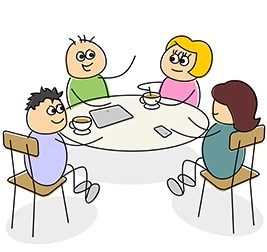 Let’s talk. I’d really like to hear what you have to say, and it might even give me something to write about. Email me at guy@lawsoncomm.com.
Let’s talk. I’d really like to hear what you have to say, and it might even give me something to write about. Email me at guy@lawsoncomm.com.
I’ll buy you coffee and we can compare notes. I promise not to steal your ideas without permission.
![]()
When we recognize our unsurprising fallenness and keep our eyes joyfully open for the glorious exceptions, we’re much less offendable. Why? Because that’s the thing about gratitude and anger: they can’t coexist.
― Brant Hansen

Did someone forward this newsletter to you after reading it themselves? Don’t settle for that!
CLICK HERE
to get a fresh, unused copy of this newsletter sent directly to you every Sunday morning. If you decide it stinks, you can always unsubscribe.
Unoffendable
— Brant Hansen
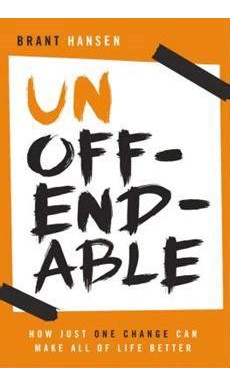
If you’re one of those rare individuals with low blood pressure and a shortage of adrenaline, you probably shouldn’t read this book. Hansen is one of the quirkiest and funniest writers you’ll ever read. He’s also one of the most insightful. His introspection combined with his view of humanity leads the reader inevitably to a place where anger at the rest of the world loses its strangle-hold and the shear joy of everyday life takes its place.
A meeting of great minds who think alike


